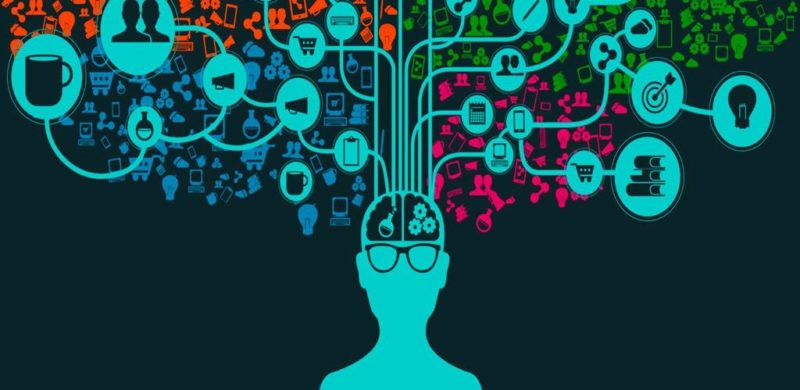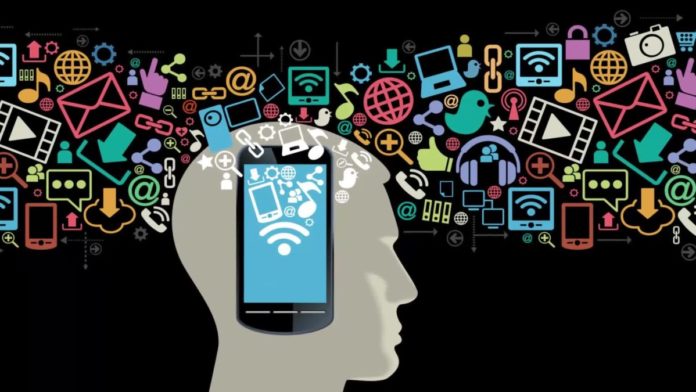Digital Amnesia is the over reliance on technology such as computers, mobiles, and search engines etc for storing and remembering information. It is the experience of forgetting information for excessive trust on digital devices. Many of us who could remember phone numbers when we were children or teenagers are now incapable of even remembering our own phone or ID numbers. The study, examining the memory habits of 6,000 adults in the UK, France, Germany, Italy, Spain, Belgium, the Netherlands and Luxembourg, found more than a third would turn first to computers or mobiles to recall information. The survey suggests relying on a computer in this way has a long-term impact on the development of memories, because such push-button information can often be immediately forgotten.
Each time we recall information our memory is strengthened and we tend to forget the irrelevant memories with time which is a very efficient way to create a permanent memory. However in case of Digital Amnesia since most of the information are repeatedly looked up on the internet instead of recalling, it doesn’t create a solid long lasting memory. Among adults surveyed in the UK, 45% could recall their home phone number from the age of 10, while 29% could remember their own children’s phone numbers and 43% could remember their work number. The study from Kaspersky Lab, a cyber security firm, says that people have become accustomed to using computer devices as an “extension” of their own brain.

Some of the major consequences are:
-
Loss of creativity
We are more accustomed with Google and YouTube videos for searching ideas or any creative artwork instead of using our brain. There is also enormous mental pressure and competition in professional life.
-
Affect human memory:
There is lesser mental capability of remembering and retaining information
-
Technological addiction:
People are becoming over dependent on online information for each and every purpose and are also getting addicted to apps like Facebook, Twitter, Instagram, Snapchat etc which are very much time consuming.
-
Digital Divide:
People who have advance technical knowledge are becoming more important and are occupying higher positions in the society whereas those who are financially unstable and have no access to the advanced technology are left out and often termed as backward.
-
Shift in Education pattern:
Due to technological advances there is shift in pattern of studies from books to more online studies. Boards are replaced by Projector screens and students use mobiles to store information instead of reading and writing. Students are given more PowerPoint presentations instead of written assignments and competitive exams are organized online instead of offline or written. Since writing helps in retaining information so there is always tendency of forgetting among students due to these technical advancements.

Thus the rise of digital amnesia is letting people believe that they can forget information as it can be easily retrieved from the digital devices. This lowers our tendency to retain information in the long term memory which may later become permanent in some cases. Every educated person must be aware enough to control their dependence on digital devices and try to balance it with the other form of knowledge acquisition majorly through the first hand experience.
Therefore the most important function of technology is to help us increase our efficiency and expand our efforts. Whenever this tries to overpower our knowledge and creativity, we must discard its use immediately as it is very hard to get rid of this addiction.
